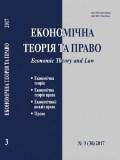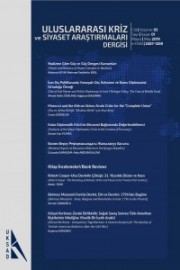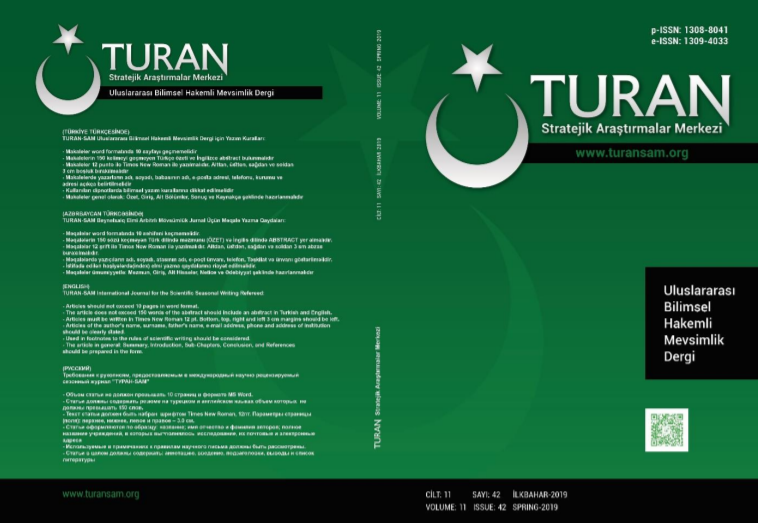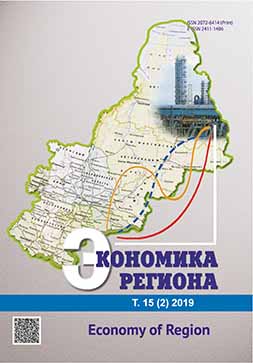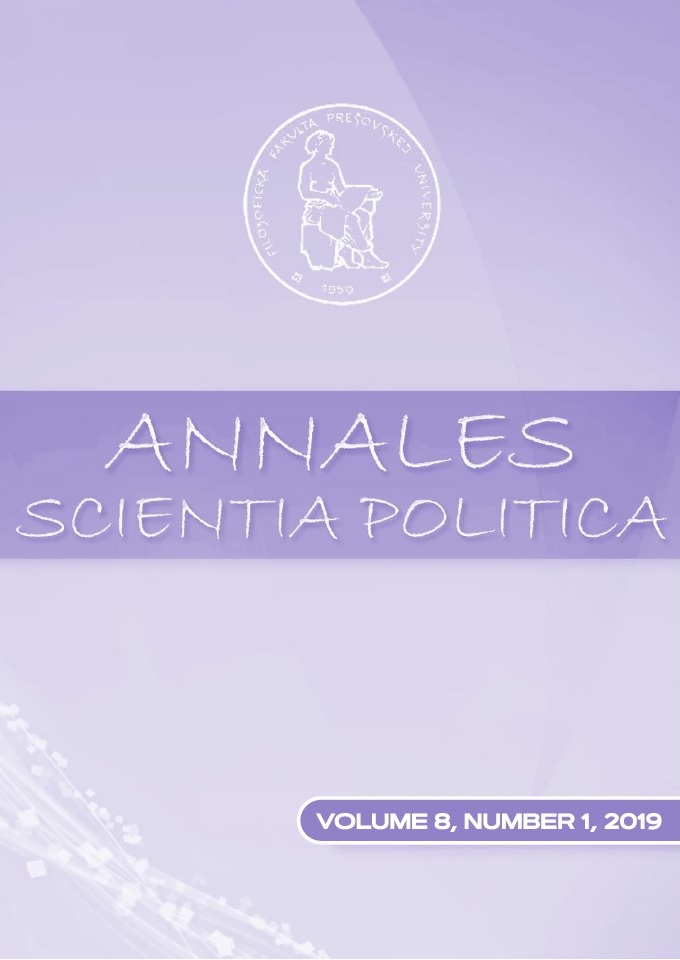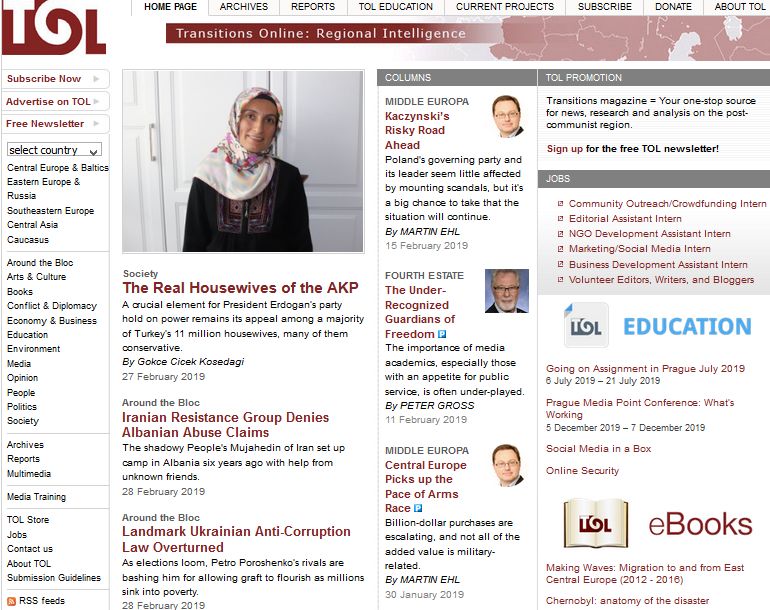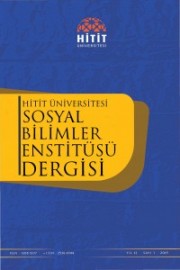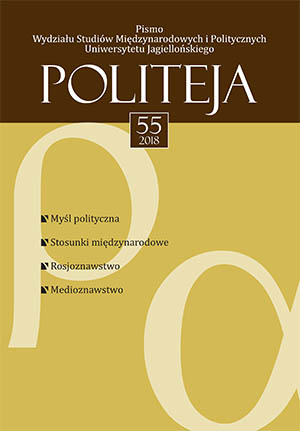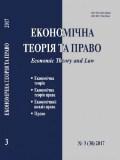
Формування адаптивних характеристик робочої сили в конкурентному середовищі
The reasons of changes in requirements for qualitative characteristics of the labor force are revealed, the main requirements of employers and directions of development of human capital in connection with accelerated technologicalization of all spheres of life activity are generalized.
More...
